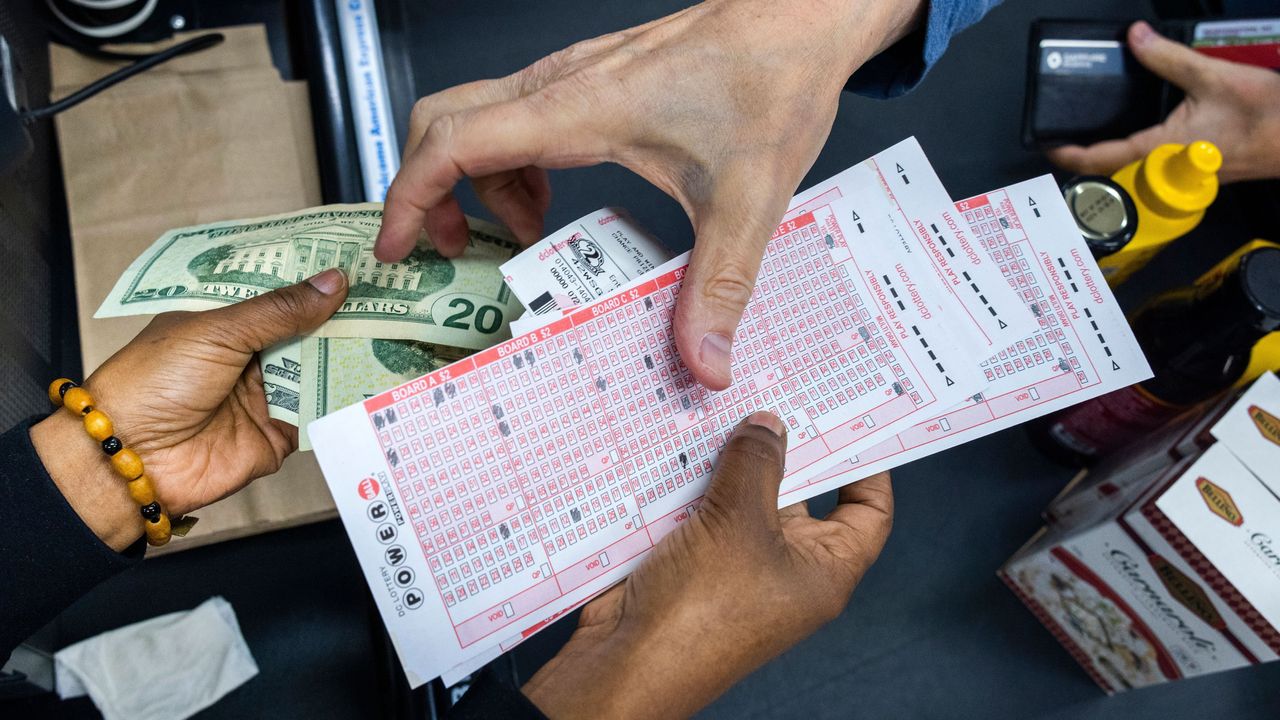In the modern world, the lottery stands as a fascinating social phenomenon—a game of chance that bridges hope and fortune with the human psyche. It’s a peculiar blend of mathematics and dreams, where millions invest in the slim chance of a lifetime windfall situs koitoto. But what lies beneath this seemingly straightforward game? Is it just numbers and luck, or does it speak to deeper aspects of our collective consciousness?
The Allure of the Jackpot
Lottery gambling is a global phenomenon, offering tantalizing dreams of instant wealth. From the humblest corner store to the grandest of online platforms, the promise remains the same: a shot at transforming one’s life with a single ticket. This allure is not just financial; it taps into the human desire for hope and change. In a world filled with uncertainty, the lottery promises a brief respite—a moment where the fantastical becomes feasible.
The Mathematics of Hope
At its core, the lottery is a game of probabilities. Statistically, the odds are overwhelmingly against any individual player. Yet, this doesn’t deter millions from participating. Why? Because the lottery isn’t merely about the numbers—it’s about the stories. It’s the tale of the underdog who defied the odds and emerged victorious. It’s the narrative of hope that transcends the cold logic of probability.
A Social Paradox
Lottery gambling, however, is not without its controversies. Critics argue that it preys upon the vulnerable, enticing them with false promises of financial liberation. It’s a poignant reflection of our society’s inequalities—a game where the poorest invest the highest percentage of their income in pursuit of an elusive dream. Yet, to many players, the lottery represents more than just money; it symbolizes a chance to rewrite their story, to break free from the shackles of circumstance.
The Psychology of Play
Psychologically, the allure of the lottery is deeply rooted in the concept of “near misses” and “gambler’s fallacy.” The near miss—a situation where a player narrowly misses the jackpot—fuels the belief that they are closer to winning than they truly are. This phenomenon keeps players engaged, even when logic suggests they should walk away. The gambler’s fallacy, on the other hand, leads players to believe that past outcomes influence future probabilities—an illusion that sustains their hope in the face of overwhelming odds.
Hope Against the Odds
In the end, the lottery is more than just a game of chance. It’s a mirror that reflects our dreams, our desires, and our willingness to defy the odds. It speaks to our shared humanity—a quest for something more, something beyond what we already possess. It’s a paradox—a game where hope and logic collide, where the allure of fortune overshadows the reality of probability.
